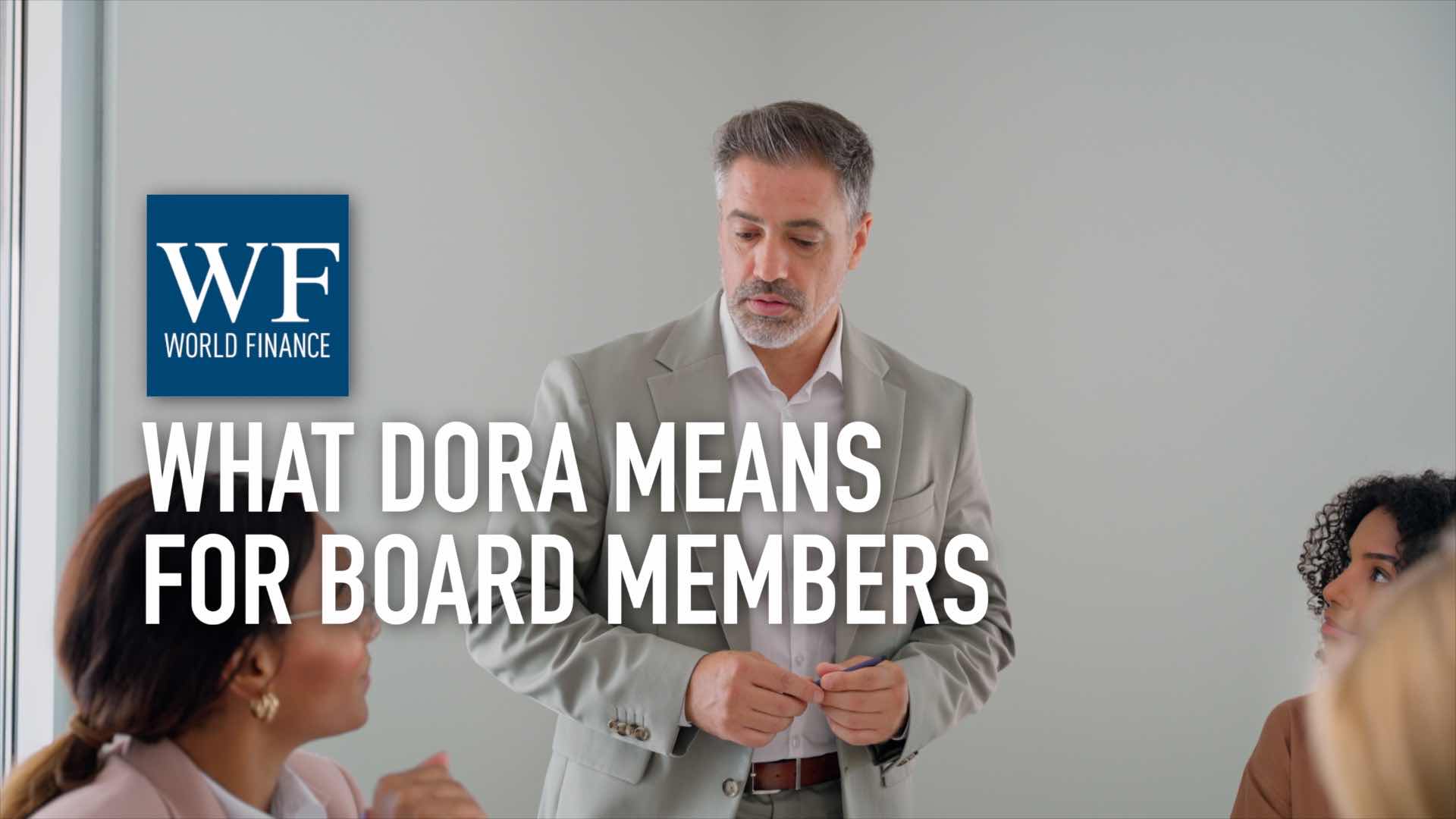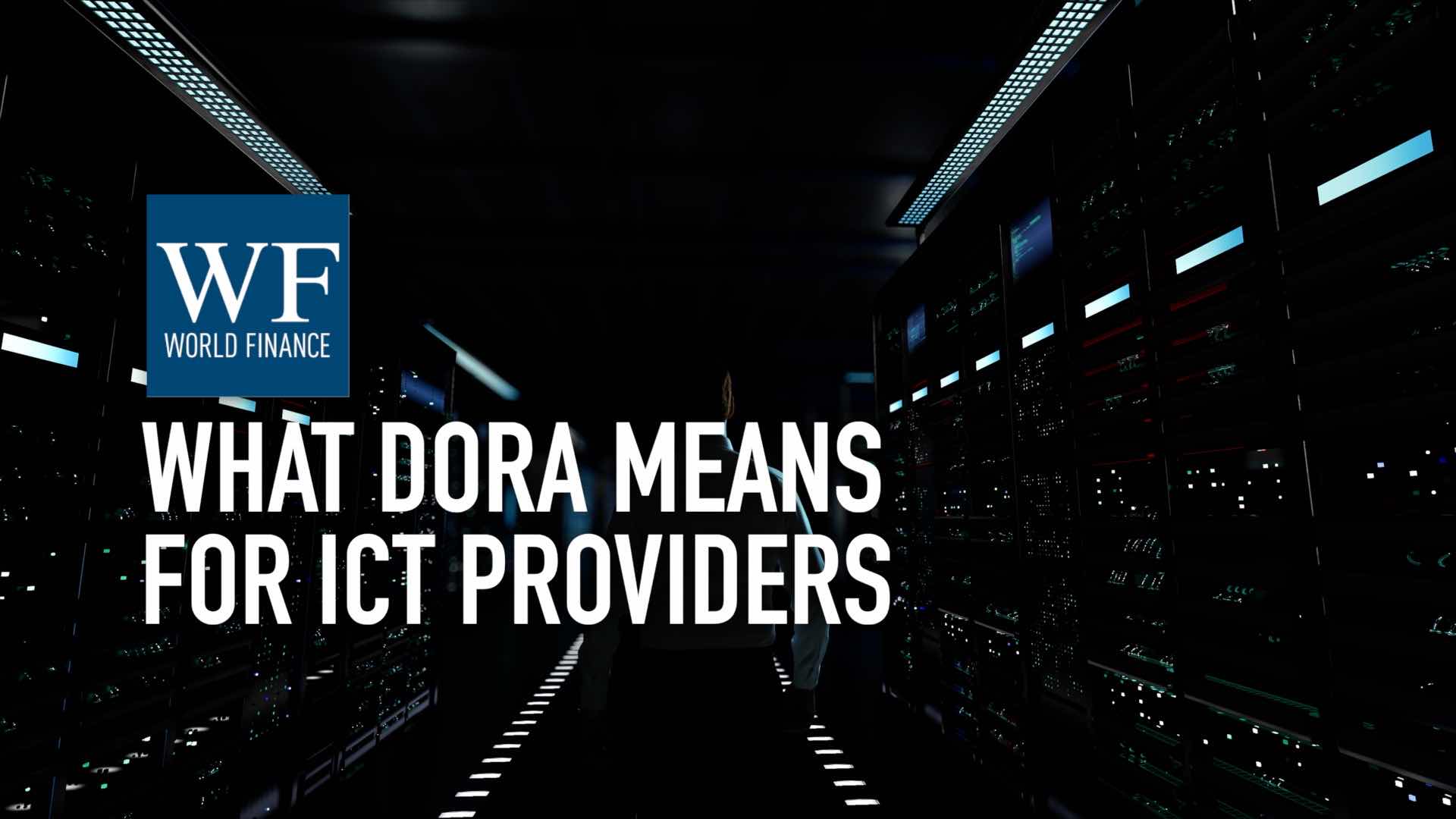Policing the market: what will it take to control high frequency traders?
World Finance speaks to John Ramsay, Chief Market Policy and Regulatory Officer at IEX, to discuss what measures are needed to control high frequency traders, and restore investors’ confidence in the financial markets
Related:
Transcript
The flash crashes of the past few years have drawn the ire of investors and financial players all over the world. Now at the heart of the conflict is the role high frequency trading has added to the mix, allowing trades to happen in the millionths of seconds, triggering markets to plunge at time within minutes. Now, could a rethink of how traders conduct their business restore faith among investors that there is more transparency in the investment marketplace? World Finance speaks to John Ramsay, Chief Market Policy and Regulatory Officer at IEX (the first equity trading venue owned exclusively by a consortium of buy-side investors), to hear his views.
World Finance: Now the minute difference HFT encourages may not seem like much, but as you know the ripple effect exacerbates slow market arbitrage. You want to empower the average investor, so how can you do that and at the same time essentially create this sort of perfect marketplace?
John Ramsay: Well, I guess there’s no such thing as a perfect marketplace, but we do think that we have created a platform that creates much more of a level playing field, so that all kinds of market participants, whether they are proprietary firms that use advanced technology, or brokers that are represented institutional customers, or people representing retail customers, have the ability to trade and interact with each other, more or less on the same footing. That certainly is possible to do with technology, that’s one of the things that we’ve done here at IEX is to both make sure that we update our own market prices as quickly as possible so we know what the state of the market is as quickly, or almost as quickly, as the fastest high frequency traders, and we also enforce a delay in the point at which messages reach our systems so that the fastest traders don’t have an advantage again over ordinary investors.
[T]here’s no such thing as a perfect marketplace
World Finance: Who do you think should police the market? Are you leaving this job up to the SEC or will you take it on yourself?
John Ramsay: Once we are fully registered and up and running as a full fledged exchange, we’ll have some responsibility for helping to supervise the kind of trading that is done on our market. Certainly the SEC has a responsibility as well as other regulators. It’s going to be an effort that involves a lot of different players, we will definitely have a role in helping to do that ourselves.
World Finance: Now you’ve been a referee, and now you’re a player. Can you tell me how your intimate understanding of the SEC informs how you build this new marketplace?
I don’t judge anybody else’s decisions in terms of job moves that they make from government into the private sector
John Ramsay: I don’t know that I’ve gotten any special perspective on just from having been at the SEC. I certainly have enormous respect for the work and the effort that folks do there, and appreciate the significant strides that they’ve made in grappling with a lot of these issues, but I don’t think my experience of the SEC has given me any special insight that I might not have gotten in other ways.
World Finance: There have been other people who have made that transition, similar to you, from the SEC to the private sphere. There has been an argument that people who make that step over the line are in a conflict of interest. What do you say to those sorts of claims?
John Ramsay: I don’t judge anybody else’s decisions in terms of job moves that they make from government into the private sector. I think the great thing about this group and about IEX was it provided an opportunity for me to work for positive change in the markets, from outside the government. So that was a really unique opportunity for me to participate in private sector efforts to really remake the markets in a positive way. So if I hadn’t found these guys, to be honest with you I’m not sure what I would be doing but I’m very happy that I found this way to contribute to positive change.

 What the Digital Operational Resilience Act means for board members and CEOs
What the Digital Operational Resilience Act means for board members and CEOs What the Digital Operational Resilience Act means for third party ICT providers
What the Digital Operational Resilience Act means for third party ICT providers
